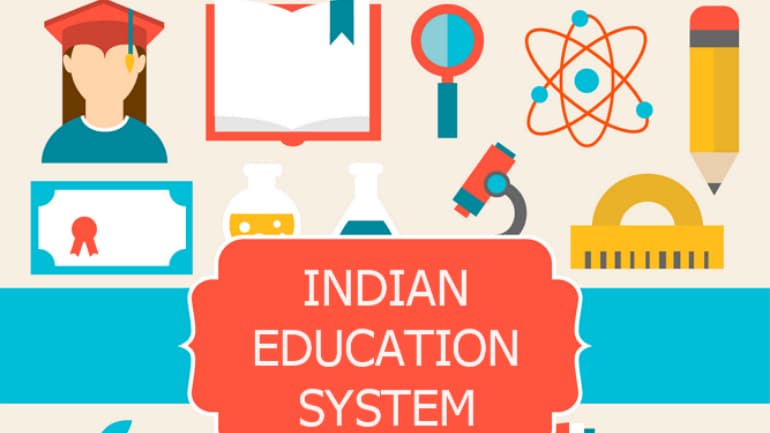
In this era of changing geopolitical and economic dynamics across the globe, we need a revolution. This counts our education system as well. The Wuhan virus has cost millions their livelihoods and permanently changed the way our economy functions. ‘Work from home’ has become the norm for all businesses. We have also adopted online learning platforms to continue education for the students. But fundamentally, the education system of India continues to serve the colonial purpose of British Empire. How did this begin? What are its effects? What changes are required? This article aims to answer all these questions.
By the end of the 17th century, the Britishers had taken control over medival India. Under its rule, all the records of India’s glorious past were destroyed and a new system was formulated. Its aim was to teach Indians how to be slaves like during industrialisation. To do the bidding of our colonizers, to be takers of orders and remembers countless paragraphs of information by heart. Presently, we learn more things than we need and in the same old fashion of memorising everything. The only changes we see are in the exam question patterns at regular intervals making it even harder for students to learn anything.
Today the system has six fundamental problems. Firstly, the need of the hour is a young generation able to express their ideas and come up with solutions for serious issues like climate change. But the schools are unable to fulfill this requirement by forcing the kids to be quiet for more than six hours listening to long lectures. Creativity has been reduced to a student’s ability to neatly present the notebooks and answer sheets. Secondly, instead of teaching the students what they are passionate about, they have been forced to study the same sylabus and for the same amount of time. Each student has a different potential and speed of undersanding certain things.
Imagine being forced to learn thousands of pointless sentences and reproducing them on paper at regular intervals. This has been the plight of all students. Here, until the 10th grade, students are pressurized to learn six to eight subjects from over fifteen big books. Only from the 11th grade do they start exploring their interests. The students are then forced to attend countless examinations whose marks become the ultimate judging criteria for a student to be successful or a failure. And most of this becomes irrelevant when we choose our career paths.
This system also drains the parents of their financial resources. They spend a lot of their money on school, tutions, etc; just for the students to pass an exam. Depending on their marks, universities classify them into grade A, B, and C students charging them exorbitantly his fees. So at the end of the day children are subjected to maximum pressure and without any space to socialize and learn what interests them, they are resourcefully destroyed and at the end of the day blamed for the system’s fault.
Skill-based education should be adopted. Teaching students how money works and how to create assets out of existing ones is also a must. Giving emphasis on AI development, machine learning, etc; can also be helpful. A major shift needs to take place from never ending lectures and exams to more concept understanding mindset. Digital learning, importance to sports and other extra-curricular activities can also go a long way in overall development of a student. In conclusion, every student is a human who requires new and interesting things to keep them mentally and physically healthy. So providing them that environment at their education center certainly achieves the targets.


Perfectly described and issues raised should also be considered. Great…